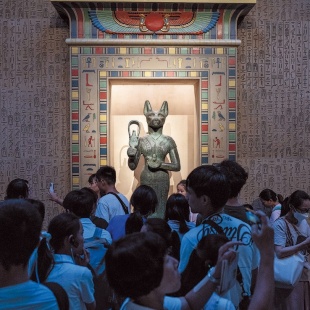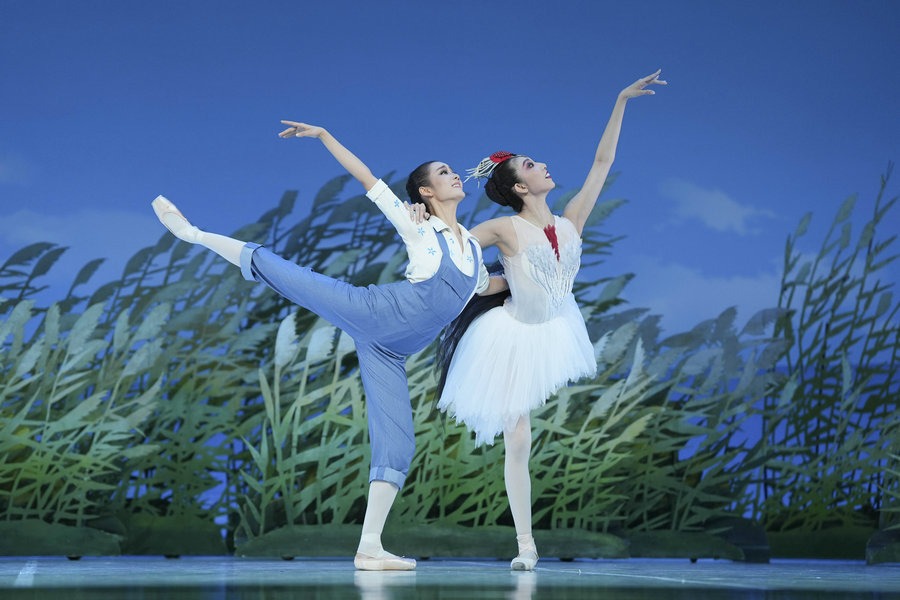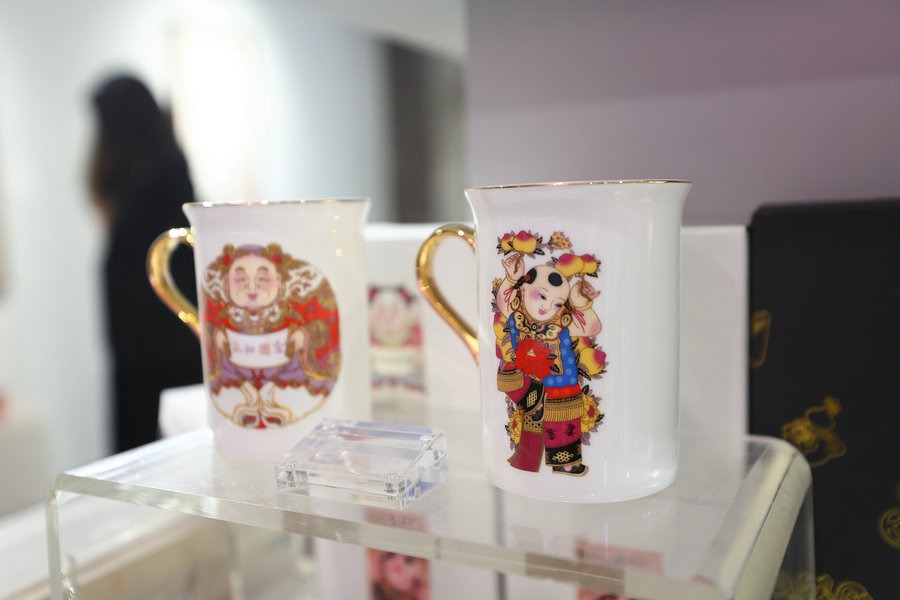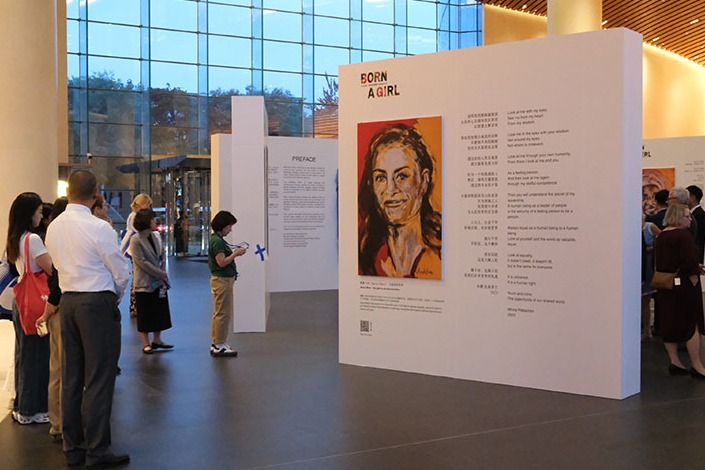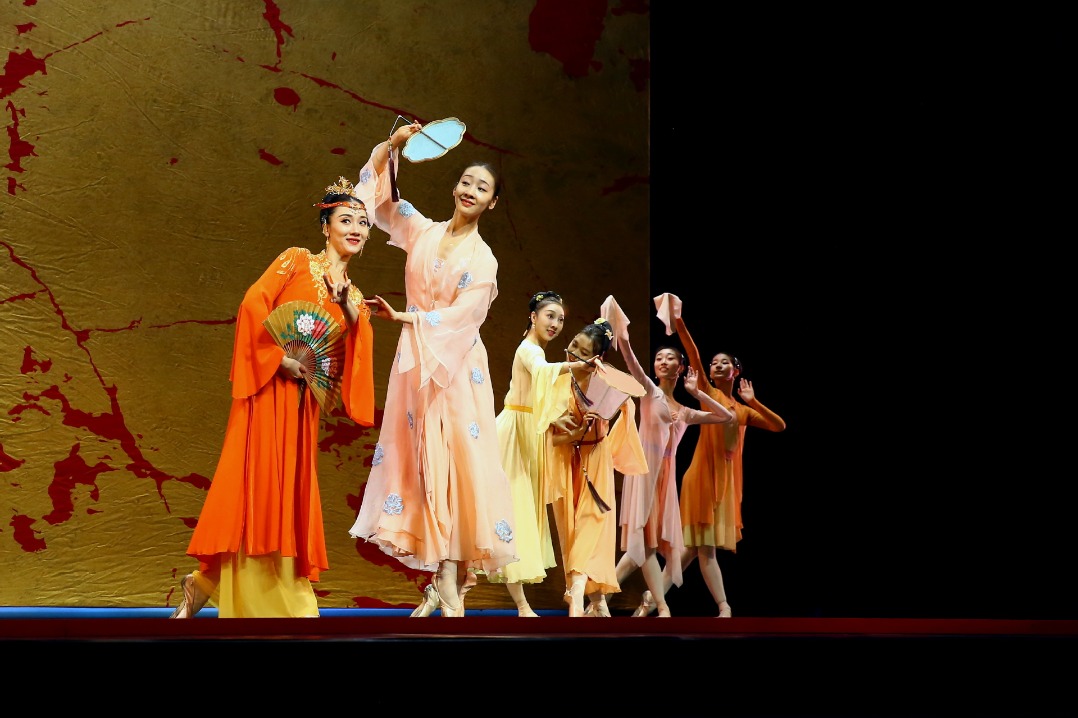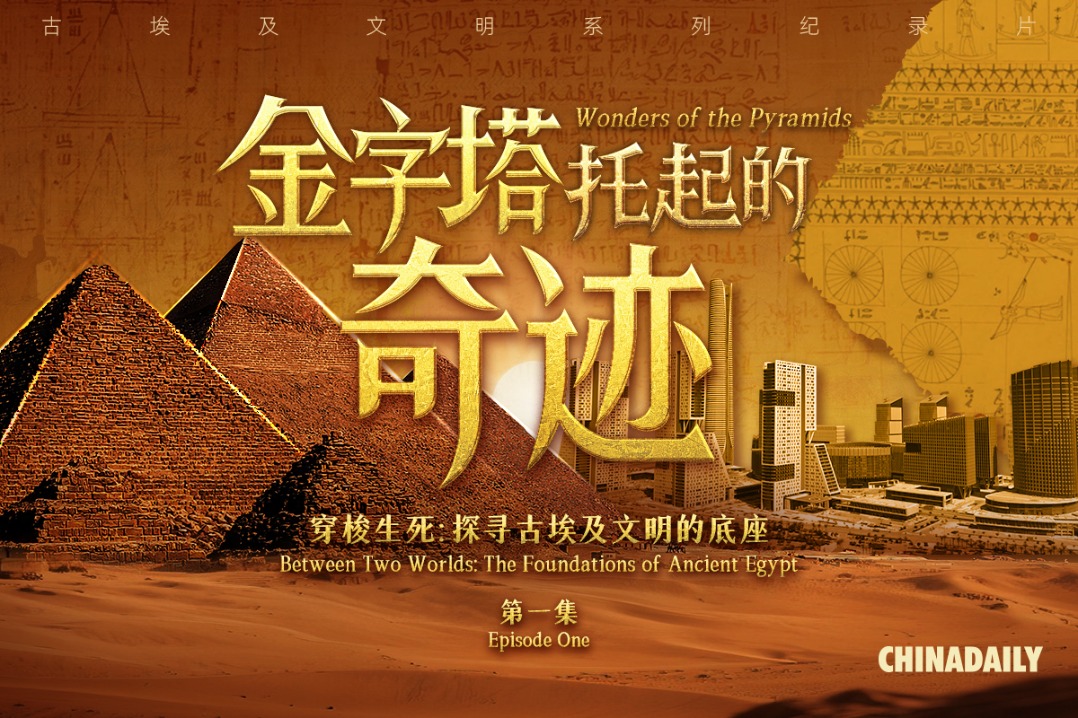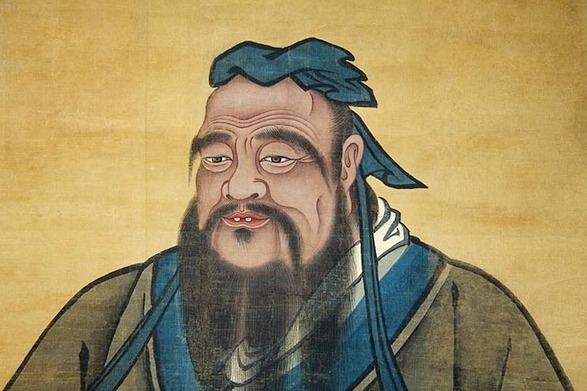Handshake across desert and sea

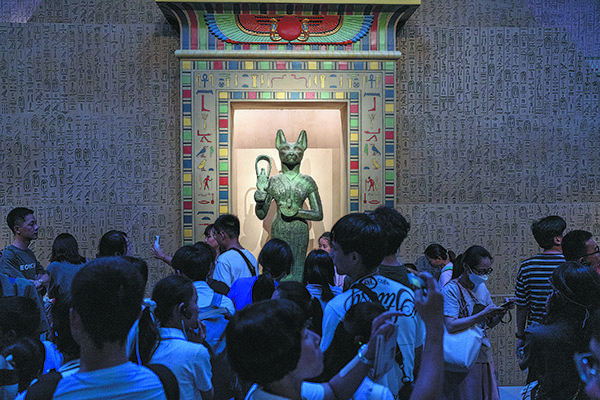
China-Arab training program presents a new model of collaboration, blending dialogue, research partnerships and mutual tourism growth, Yang Feiyue reports.
Omar Dinia, deputy director of strategy and cooperation at Morocco's Ministry of Tourism, Handicrafts, and Social and Solidarity Economy, had a blast during his visit to Shenzhen in mid-September.
"What impressed me most was the drone that delivered the coffee we ordered in a park. I have visited all the continents of the world but have never experienced anything like this in any other country. It was truly a dream-like experience," he says.
In the city of South China's Guangdong province, Dinia also visited several renowned cultural landmarks, including the Shenzhen Museum of Contemporary Art and Urban Planning, Lianhuashan Park and Nantou ancient town, as well as the world's first 6S robot store and Tencent headquarters.
He says he was amazed to learn how much Shenzhen has changed in the past four decades, transforming from a small fishing village to an international metropolis.
Dinia is among more than 20 high-level officials, experts and scholars from the culture and tourism authorities of 11 Arab countries, including Egypt, Algeria and Morocco, as well as representatives from the Secretariat of the League of Arab States who joined the 2025 Training Program for Arab Officials and Scholars in Culture and Tourism.
The Shenzhen experience was part of the program that was hosted by the Bureau of International Exchange and Cooperation of China's Ministry of Culture and Tourism.
Concluding on Sept 24, the initiative took participants to Shenzhen and Beijing, where they explored sites of historical and cultural significance, sampled new cultural and tourism products, and attended lectures delivered by Chinese experts and academics.
According to the host, the training program was designed to enhance Arab officials' and scholars' understanding of Chinese modernization and create opportunities for China and Arab countries to explore new models of cooperation in culture and tourism.
Officials on both sides agree that the program reflects the fast-growing ties between China and Arab states.

The two sides have achieved substantial outcomes through a variety of joint initiatives, including co-hosting culture and tourism years, art festivals, and performances of traditional music.
At the China-Arab Culture and Tourism Cooperation Conference held in Beijing on Sept 19, which gathered all program participants, Maha Abdullah Alsenan, Saudi Arabia's deputy minister for Research and Cultural Heritage Affairs, highlighted the importance of such cultural exchanges.
The Saudi-Chinese Cultural Year 2025 aims to celebrate this friendship that carries the visions and expectations of both sides and is dedicated to realizing sustainable development that reflects shared cultural values and keeps pace with global transformations, Alsenan notes.
"We are delighted to see that, building on these partnerships, our mutual understanding continues to deepen. Through sustained efforts, we have built bridges of communication, achieving greater cultural integration and shared understanding via cultural projects, programs and initiatives — all made possible by the joint efforts of Saudi Arabia and China," she says.
She also highlights the launch of a new research fund, established in collaboration with the China-Arab Cultural and Tourism Cooperation Research Center. The fund supports projects across multiple dimensions of bilateral relations, including cultural heritage, history, language, literature, translation, performing and visual arts, digital culture, cultural economics, and the creative industries.
"We received 153 applications from scholars in Saudi Arabia, China and other countries. Today, we are pleased to announce that 20 scholars will receive grants — 10 funded by the Saudi Ministry of Culture and another 10 by the China-Arab research center," she says.
In addition, the Saudi side is also supporting four research projects in partnership with Peking University, aimed at promoting the exchange of experience and knowledge. Seminars and lectures have been held in both countries to enhance intellectual and cultural dialogue.
"We firmly believe in the importance of building strong partnerships with China," she says.


